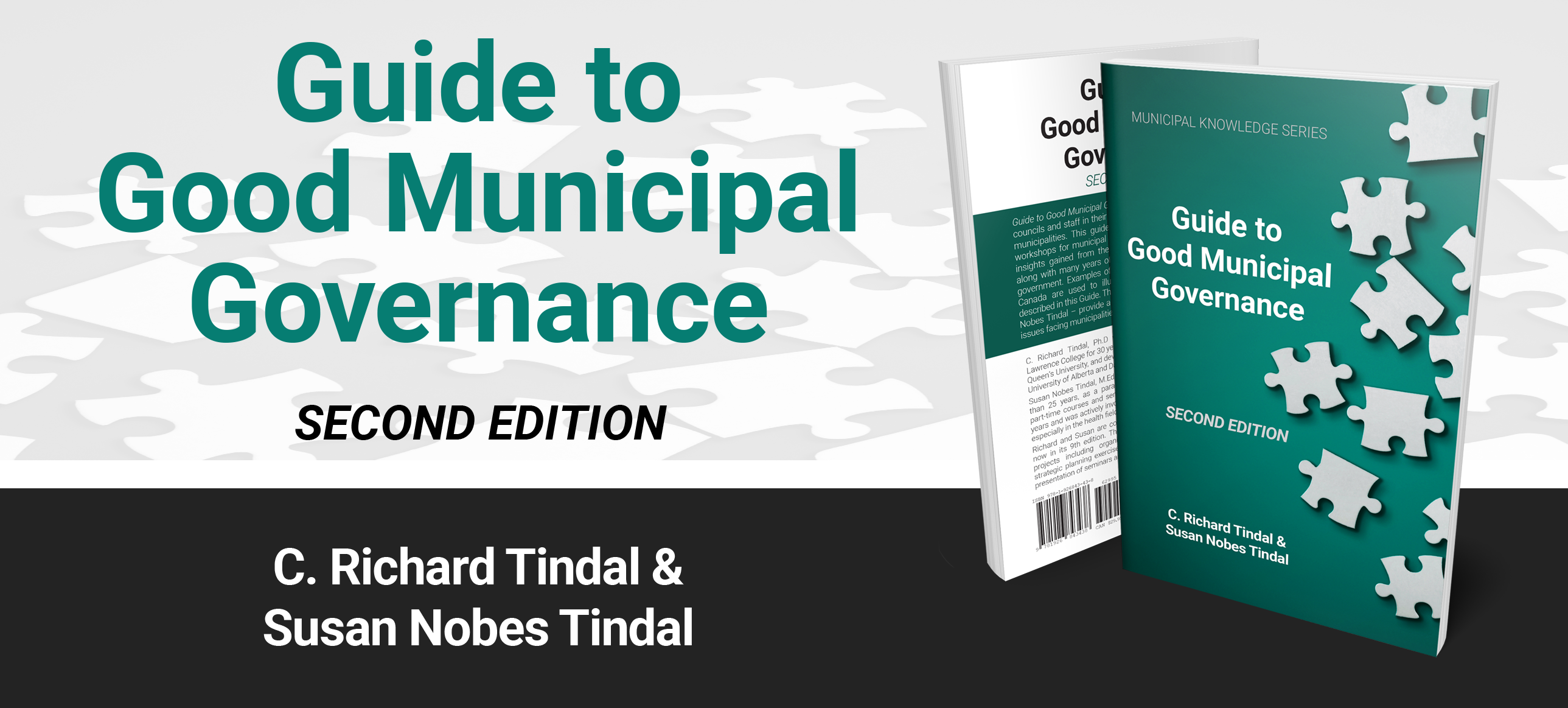Ten tips to choose between two or more job offers
 It’s common practice to apply for multiple jobs and attend several interviews. But what do you do if you receive two or more job offers? Photo: Adobe Stock
It’s common practice to apply for multiple jobs and attend several interviews. But what do you do if you receive two or more job offers? Photo: Adobe Stock
It’s common practice to apply for multiple jobs and attend several interviews. But what do you do if you receive two or more job offers?
If you get multiple job offers, you first must pat yourself on the back. Your skills and experience are in demand, and you came across well at the interviews. Now comes the tricky decision of which of those jobs to accept. Here are 10 tips to help you choose between two or more job offers.
1. Ensure you have all the information – You must have all the facts to compare one employment opportunity with another. The information you will need will include benefits and perks, including health insurance, stock options, and paid vacations. And, of course, you will want to compare salaries, overtime rates, bonuses, and working hours. If anything is missing from an offer, contact the company to clarify the item. Then, you can compare offers with all the facts in front of you.
2. Decide what is most important to you – Each offer will likely have different pros and cons. For example, one job might include stock options, but the other offers a substantial annual bonus. Consequently, you may be unable to compare offers on a strictly like-for-like basis. In this case, it would be best to rank the pros and cons in order of importance to you.
3. Create a comparison chart – Organizing the pros and cons of each offer in a comparison chart will make the decision easier. So, create a chart with a column for each company and rows listing the perks, benefits, and disadvantages. And sort the rows in order of importance, as mentioned above, with the crucial points at the top. This chart will provide a visual aid to help you compare each job.
4. Don’t rush the decision – Employers will generally not expect an instant decision. So, allow yourself sufficient time to consider the advantages and disadvantages of each job. Still, companies will not wait forever; they will have other applicants to whom they could offer the job. So, if you need more time to decide, contact the companies to let them know you have several options and will need a few days.
5. Consider your long-term career objectives – Items with monetary value, like salary and bonuses, are easy to compare. But it is equally essential to compare the less quantifiable factors, such as how a role will benefit your long-term career objectives. For example, will the job demonstrate career progression and provide you with new skills and experience? Is the company well-respected in the industry?
6. Assess the managers – You will likely have been interviewed by the manager to whom you will report. This individual could play a significant role in your happiness and career should you accept the job. So, it is advisable to consider how well you could work with this person. Points to consider in this respect include management style, personality, and the potential for mentorship.
7. Investigate company culture – Company cultures can vary significantly. Some companies are fast-paced, dynamic, and results-driven, while some organizations are more laid back and creative. Others are very traditional. So, it is worth considering how well you will fit in with the company culture of a prospective employer. You will have gained some insight into company culture during the selection process. However, hiring managers will likely be putting a positive spin on what it’s like working for their employer. You can find a more balanced view of company culture by searching for the company on review sites like Glassdoor.com.
8. Consider company status and values – People don’t generally look for jobs for life anymore. Still, you don’t want to find yourself looking for another position in six months. You probably also do not want to work for a business with values that conflict with yours. So, it is advisable to research a company’s financial status, marketing materials, and products before accepting an offer.
9. Balance remuneration with other factors – Pay will likely be a crucial factor in your decision-making process. However, the job with the highest pay may not be the best for your long-term career prospects. There might also be a job offer that includes benefits, such as stock options, that provide a better long-term financial return. Consequently, balancing the long-term benefits with the immediate financial gain is advisable.
10. Negotiate – Finally, you are in the driving seat to a certain extent if you have several offers. Employers will negotiate a job offer if you are a good fit for the role. So, if one job lacks a benefit another has, you could query the specific point with the company. Or, if a slight increase in the pay package would seal the deal for you, you could raise this with the employer. However, remember that the hirer will have other candidates to fall back on. And keep all the offers you have open until you have received confirmation of an appointment.
The above are the primary considerations when choosing between multiple job offers. However, there is one crucial point missing, and that is your instinct. There might be one of the positions on offer that particularly excites you. In that case, it might be worth going with your intuition rather than being too analytical.



